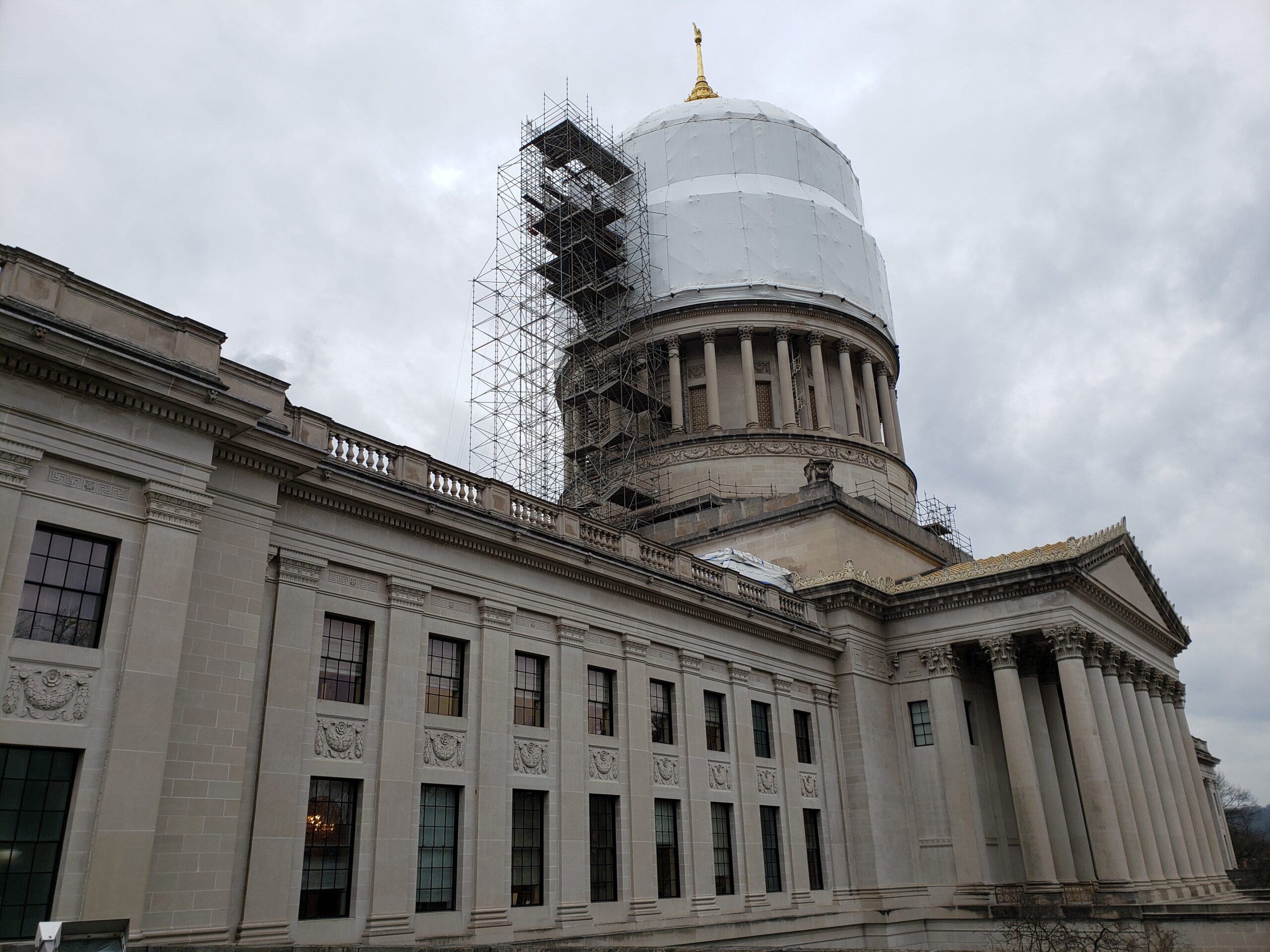MORGANTOWN — The House Education Committee approved the Student Religious Liberties Act in a mostly party line vote Tuesday morning and sent it to the House floor.
Committee counsel told members that the bill arose because of an occurrence in a school in the legislative district of lead sponsor Gary Howell, R-Mineral. Various groups were permitted to set up information tables in open areas of the school but a religious group had to set up a table inside a closed room. She had no details beyond that.
Counsel said most of the bill mirrors federal guidance recently released on freedom of religious expression for schools, but some of it goes beyond to lay out prescriptive directions ot the schools and school boards
The bill says a school district must treat a student’s religious expression in the same manner it treats other forms of expression. Students may express their views in homework, artwork and other assignments without discrimination or penalty. Students may participate in religious activities and organize religious activities in the same manner as they would in nonreligious activities.
The bill requires each school district to develop a policy for student speakers “substantially similar” to a list of prescriptions in the bill. It spells out who may speak at graduations ceremonies and other events, including how the speakers are chosen.
Some members objected to the bill requiring school districts to draft policies, for a couple reasons: it could set up differing policies across the state; and it could overstep local control.
The bill limits speakers at non-graduation events to student council officers, class officers, football team captains and other students holding positions of honor as the school designates.
Graduation speakers are limited to student council and class officers, the op three academically ranked graduates, or other leaders the school designates.
The bill requires that the speaker’s subject be designated and the speaker must stay on that topic and “not engage in obscene, vulgar, offensively lewd or indecent speech.” The graduation program must include a written disclaimer about the selection of the speakers and the content of the speeches.
Members offered various “what if” questions: What if snake handlers wanted to bring their snakes on campus? What if students wanted a special needs student to speak at graduation or some other event?
Delegate Cody Thompson, D-Randolph, offered a successful amendment to change one word – “shall” to “may” – in a section about student speakers introducing football games and making various announcements. Members agreed it required something some schools may not do.
Delegate Sean Hornbuckle, D-Cabell, offered an amendment that failed to fly, which struck the language naming who could speak at the various events, saying it ruled out special needs or JROTC students who are in the top percentile, for example.
In closing speeches before the vote, Thompson said the bill is well intended but the federal guidance and First Amendment offer adequate protection. “I think this is simply an overreach of government into education.”
Delegate Mark Dean, R-Mingo, said he, too, is concerned about the sections restricting who can speak, but said some schools have been seeking guidance so he supports the bill.
Hornbuckle told his colleagues he’s a church member and participated in team prayer when he was a high school athlete. But the bill is too subjective on subject matter of speeches and on such things as offensive speech. Some of President Trump’s public comments might disqualify him, he said. “Who sets the rules on what those things are? … Who says what’s offensive?”
HB 4069 passed 14-8 in a roll-call vote.
Tweet David Beard @dbeardtdp Email dbeard@dominionpost.com




